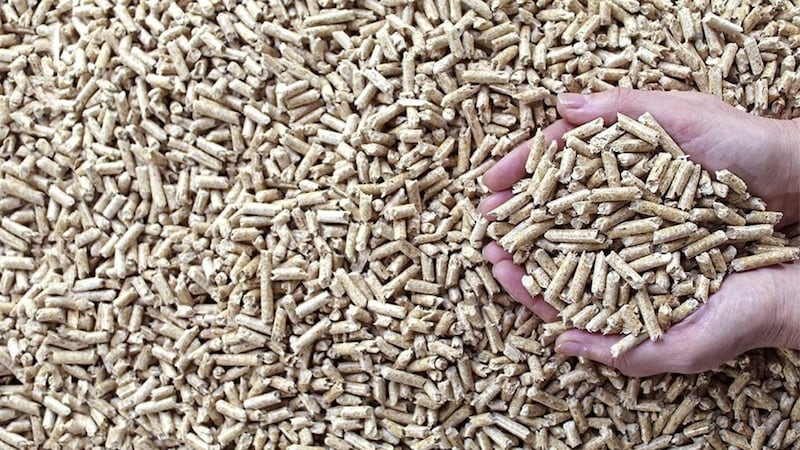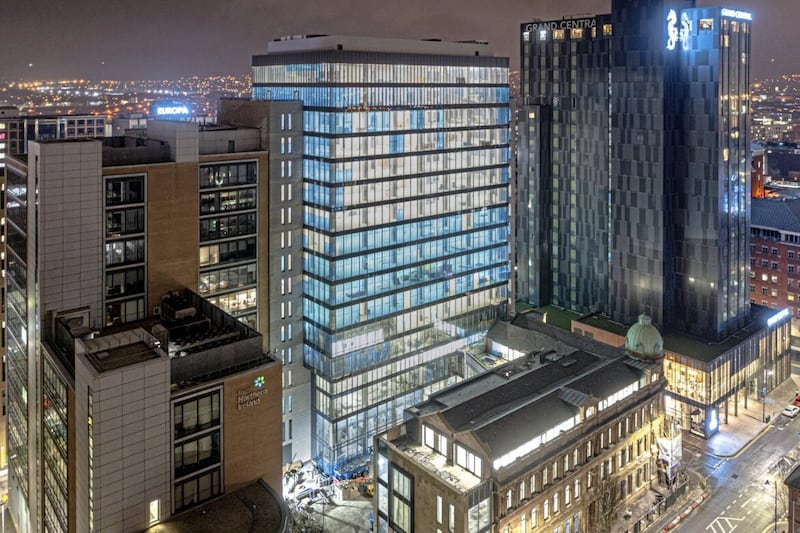THIS year property investment volumes remain subdued and are likely to reach the £200 million mark by the year end - almost £100m below the five year average in what has been a difficult year.
Being the UK’s only land border with Europe, Northern Ireland has been catapulted into the headlines ever more frequently in recent months, which has resulted in the uncertainty associated with Brexit being amplified in the region.
Regardless of the industry, this backdrop makes investment decisions difficult, but particularly in commercial real estate. In an investment sector weighted so heavily towards larger property transactions, often involving investors from outside of the region, it’s not surprising to see the effect this has had over the course of the year.
The external investor pool is undoubtedly shallower while Brexit remains unresolved but this perceived illiquidity has created opportunity for some investors, who can take a longer term view and when combined with softening pricing it has compelled them to look seriously at the region in the hunt for yield.
To blame all on Brexit would be to over simplify the issues. Northern Ireland is traditionally dominated by retail led transactions and given slowing consumer confidence, cost price inflation and a structural shift in how we shop the sector has seen a significant pausing in the last 12 months.
That said, we've seen the sale of Crescent Link in Derry for £30m and the recent sale of Sprucefield retail park outside Lisburn for £4m, reflecting yields of 11.4 per cent and 8.7 per cent respectively.
Where quality product has been available in other sectors we have seen investor appetite and we expect this to grow in 2019, our office occupational market continues to provide growth and healthy levels of demand, we are likely to see the outworking of refurbishment and let up strategies in 2020, or investors cashing out following capturing the reversionary potential in their buildings.
Notable transactions have included the sale of the 133,000 sq ft office building to Citi in Titanic Quarter for £34m and the sale of Donegall House in Belfast city centre for £9.6m at a net initial yield of 5.63 per cent.
The static nature of rents in the industrial sector is seeing signs of upward pressure for quality space but while investors can purchase existing stock at less than replacement cost, there will continue to be a lack of supply until rents begin to move.
The alternative sector, a favourite for institutions in the UK, continues to grow market share and the challenge for NI is to seek to harness some of that capital and deliver the product to facilitate investment
:: Stephen Chambers is associate director at Lisney









